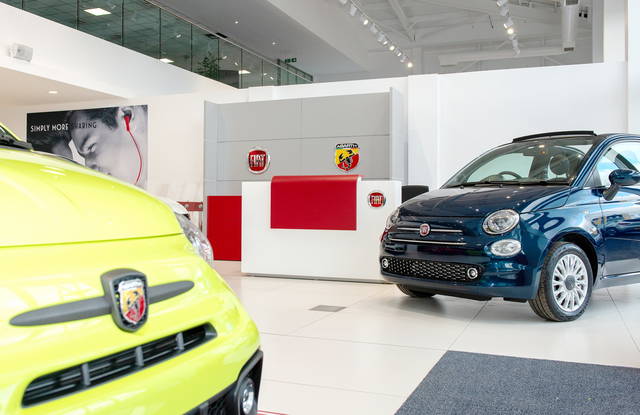EUROPEAN DEALERSHIPS AND REGULATIONS – The press conference of Pillowcase (Italian Federation of Car Dealers) entitled “Automotive, energy transition, competition and inflation” also dealt with the topic of reorganization of the sales networks which must take place by 31 May 2023, when the European Block Exemption Regulation (BER) number 1400/2002 will expire and the new BER 461/2010. BERs are standards that aim to increase the competition in particular sectors, however, gradually “accompanying” companies along the changes involved in this path. One of the most important BERs for the automotive sector was the one promoted by Mario Monti who – among other things – eliminated the obligation to carry out servicing and repairs at an official dealer of the manufacturer during the warranty period.
THE TAKING OF HOUSES – BER 461, effective from 1 June 2023, distinguishes between vehicle sales, spare parts trading and repair services/ maintenance and therefore manufacturers will be able to offer their networks contracts for one, two or all of these functions. Another change in the 461 is the disappearance of the provisional exemptions that have left the manufacturers with some powers, such as requiring the networks to sell only their products and decide the location of the offices. The intervention of the president of Federauto, Adolfo De Stefani Cosentino, starts from the new community rules which, in his opinion, offer manufacturers a increase of their power over the sellers and not the decrease, which is in the spirit of the new BER. Cosentino in fact believes that the “will of the majority of car manufacturers is to increase their margins by modifying the contractual relationships with their dealers and directly entering the B2C market, that is, by addressing the end customer through online sales”. The index is pointed on the so-called agency contract who will apply the group Stellantis (who to learn more), but that several other brands could adopt (Polestar and Genesis already use it while Volkswagen and Audi apply it to electric) on the push of the new BER. According to Federauto, the new European regulation will allow car manufacturers to transfer many functions that are currently the prerogative of dealers to their authority, canceling those negotiating possibilities that allow dealers to respond to consumer needs, from the collection of used vehicles to the financing of the new one.
COMPETITION IS INCREASING… OR NOT? – The thesis of Federauto is therefore that the descent into the field of the Houses with the direct sale of cars online “Will allow builders to knock out dealers, to then gain control of the demand thanks to non-negotiable conditions. The result would be a concentration of demand in the hands of the manufacturers’ oligopoly and therefore a decrease in competition, the exact opposite of the principle of safeguarding competition that inspired the European regulation in force in 2023 “. According to the Federation of concessionaires, this would translate into an evident tendency towards price rigidity and their increase, together with the worsening of the quality of the service, also due to the probable “rarefaction” of the distribution networks and the lesser possibility, on the part of the concessionaires, to offer effective responses to customer needs. The reduction in the margins of the dealers will push them, according to the president of Federauto, to a drastic cut in the workforce, which the association has estimated at 60-70,000 units. Therefore, an intervention by the legislator is requested that can rebalance the growing power of car manufacturers on the distribution system and also measures by the Antitrust to ensure an appreciable level of competition.
WHICH CUSTOMER INTERFACE? – Federauto believes that a complex product such as the car, which also involves important services and issues regarding the safety of passengers and road traffic, needs a direct relationship with those who represent the brand of the purchased car, i.e. the dealer. If it were missing, it could have negative implications because the customer will interface with the impersonal car manufacturer and not a physical and present figure such as the dealer. The issues are therefore very controversial: Stellantis, for example, points out that in the face of halved margins even the expenses (including taxes) of the dealers would decrease greatly, rebalancing everything and having more transparent prices and therefore suitable for a multichannel model.
THE TESLA MODEL – The “Tesla model” however appears very different from the classic one: this brand sells directly to consumers, online the procedure own showroom, and the staff are employees of the company. The California-born manufacturer believes this is also beneficial for responsiveness in developing its products. Another benefit of direct selling would be a better shopping experience for the customer because Tesla showrooms have no potential conflicts of interest. In any case, we expect the issues raised by Federauto to lead to a broad debate and strong standpoints: in fact, these are profound changes in a model that had been crystallized for some time.
> READ ALSO – Stellantis dealers: big changes in sight
–


